Author: Andrew Hamilton
There are more than 60 results, only the first 60 are displayed here.
Become a subscriber for more search results.
-

ARTS AND CULTURE
- Andrew Hamilton
- 14 February 2025
These poets offer distinct reflections on life, faith, and human experience in their recent work. From Kelly’s reflective musings on faith and education to Mead’s exploration of motherhood and nature, and McFadyen’s grappling with grief, their works search for a ‘something more’.
READ MORE 
-
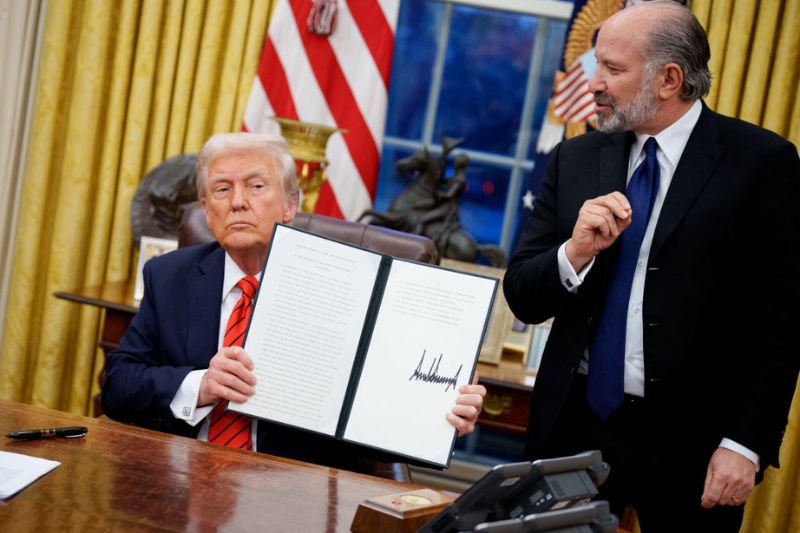
INTERNATIONAL
- Andrew Hamilton
- 12 February 2025
Can tariffs really create a fair economy? As President Trump’s administration leans into protectionist trade policies, we must ask whether these strategies undermine the values of mutual respect and shared prosperity that should define both national and international relationships.
READ MORE
-
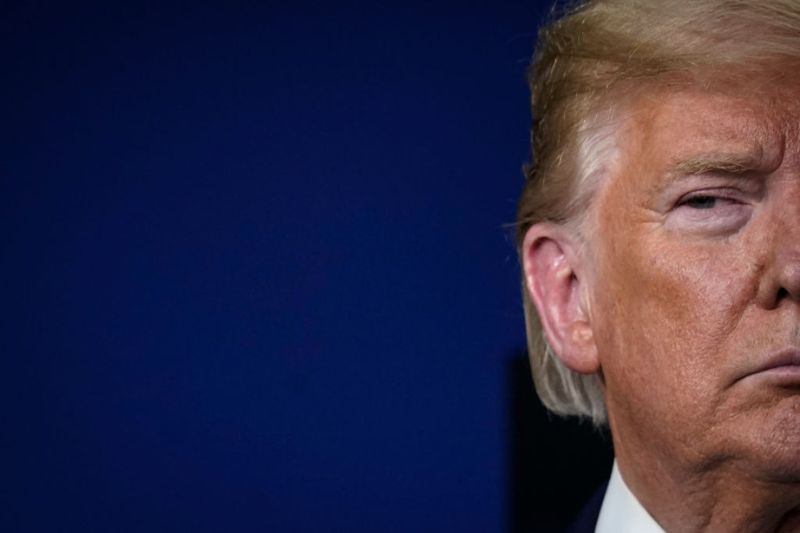
INTERNATIONAL
- Andrew Hamilton
- 06 February 2025
Donald Trump’s presidency, often dismissed as chaotic, follows a clear, transactional logic: power over principle, loyalty over institutions, and reshaping America into a high-stakes deal-making enterprise. But history suggests such a system cannot last. In the meantime, how should we respond?
READ MORE
-
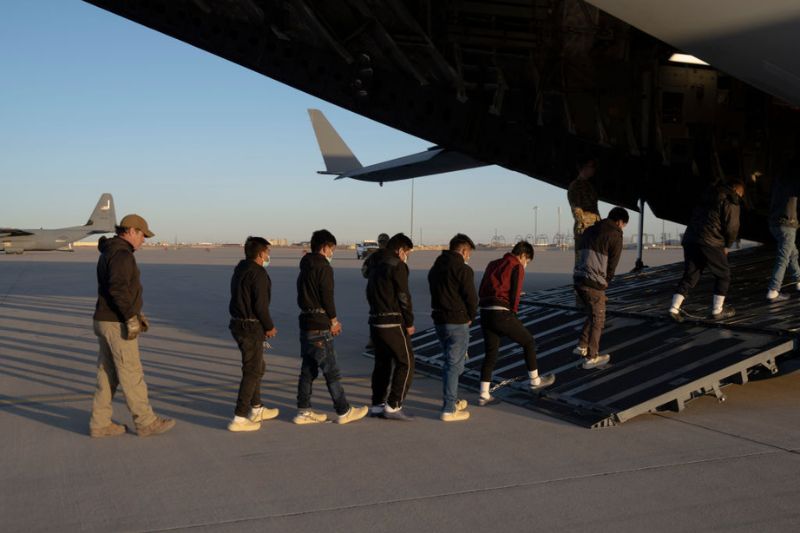
INTERNATIONAL
- Andrew Hamilton
- 30 January 2025
The United States' recent shift in immigration policy towards exclusions and deportations is a modern moral reckoning. It underscores the tension between a society’s right to regulate its borders and its responsibility to uphold the dignity of those who already call it home.
READ MORE
-
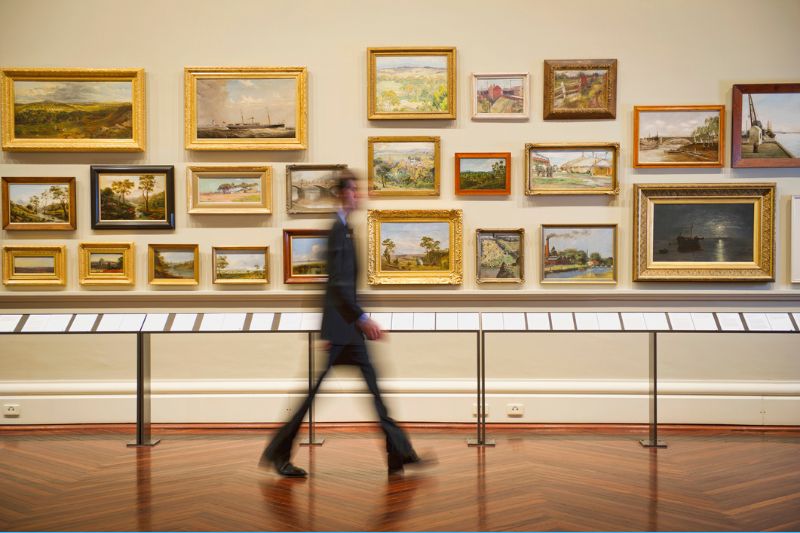
AUSTRALIA
- Andrew Hamilton
- 23 January 2025
Australia's national day remains a divisive symbol, rooted in colonial history. As the country grapples with issues of war, inequality, and climate change, the call for a more inclusive, meaningful celebration grows. How can a national day honour both the complexity of our history and the dignity of all Australians?
READ MORE
-
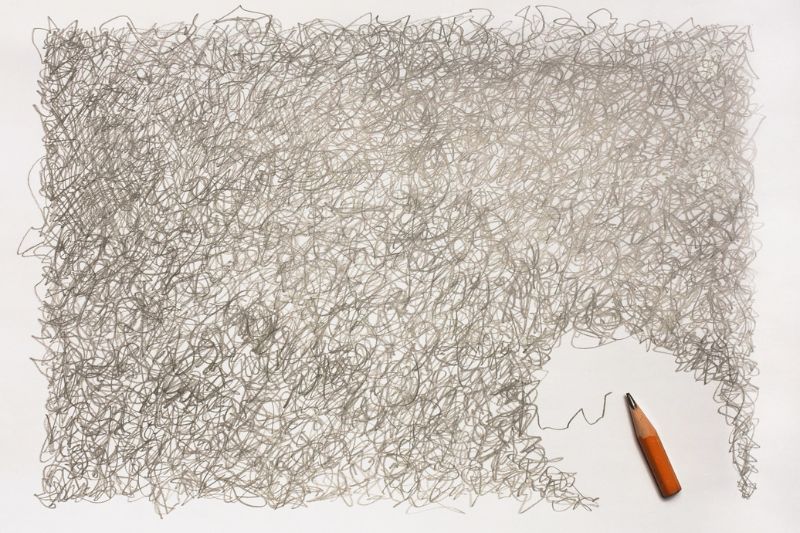
AUSTRALIA
- David Halliday, Michael McVeigh, Laura Kings, Michele Frankeni, Andrew Hamilton
- 18 December 2024
To close the year for Eureka Street, the editorial team are taking a step back to reflect on the character of 2024. What did it demand of us? What did it teach us about ourselves, and the world we inhabit?
READ MORE
-
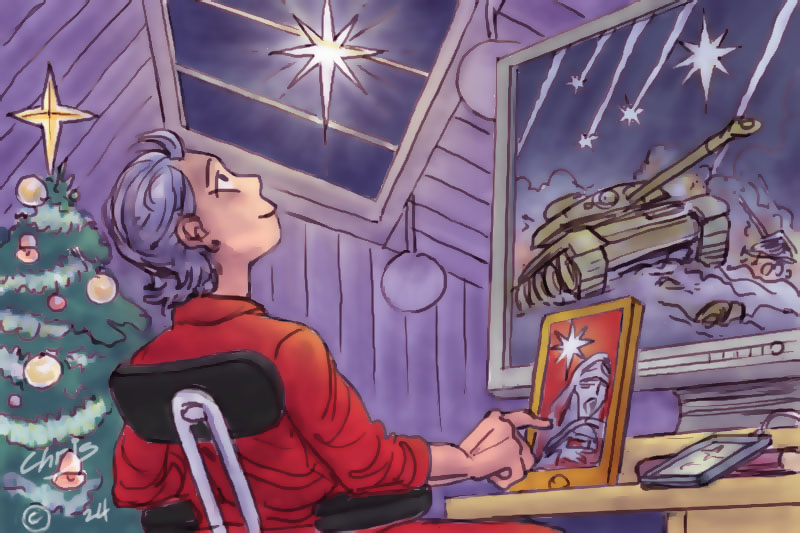
AUSTRALIA
- Andrew Hamilton
- 16 December 2024
At Christmas, the sacred and the secular seem locked together. Amid the tinsel and toasts, there’s a deeper narrative: one of radical generosity, shared humanity, and solidarity with the marginalised. This season invites not just celebration but reflection on who we are—and who we might become.
READ MORE
-
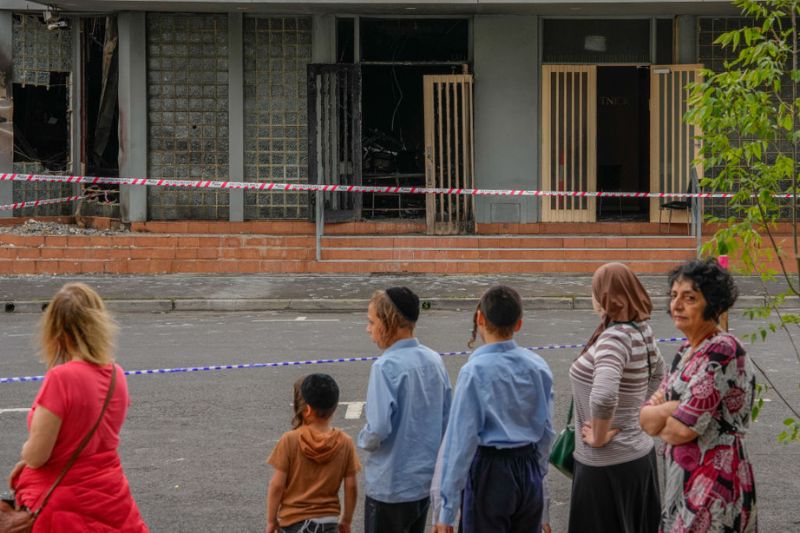
AUSTRALIA
- Andrew Hamilton
- 12 December 2024
The firebombing of Melbourne's Adass Israel Synagogue is a profound tragedy, reflecting the weight of historical hatred and contemporary tensions. Amid global grief and anger, this act of antisemitism compels us to reflect on the shared humanity of all people and the urgent need for peace, understanding, and ethical leadership.
READ MORE
-
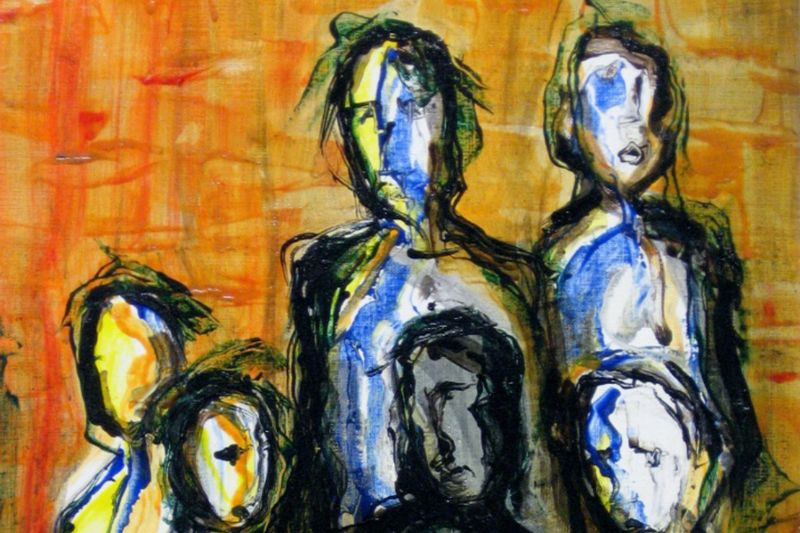
AUSTRALIA
- Andrew Hamilton
- 04 December 2024
Australia’s recent immigration detention laws reveal a stark shift in governance, prioritising power over human dignity. As families face indefinite separation and bureaucrats enforce policies with brutal efficiency, the High Court's rebuke offers a glimmer of ethical resistance. But can such laws truly claim legitimacy in a democratic society?
READ MORE
-
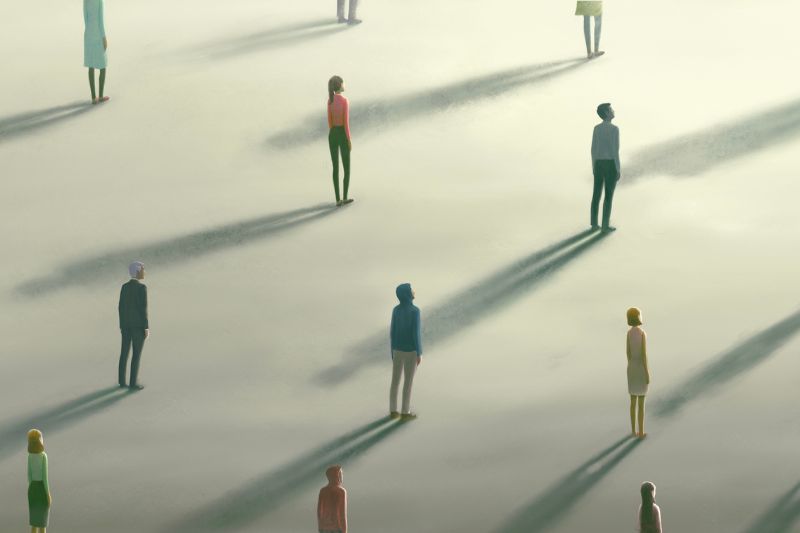
AUSTRALIA
- Andrew Hamilton
- 25 November 2024
4 Comments
Social Inclusion Week invites reflection on our shared humanity amidst deep divides. From childhood cliques to culture wars, the tension between inclusion and exclusion is a paradox rooted in belonging. Can we overcome fear and forge connections across difference, or will anxiety keep us apart? The answer shapes our society’s future.
READ MORE
-
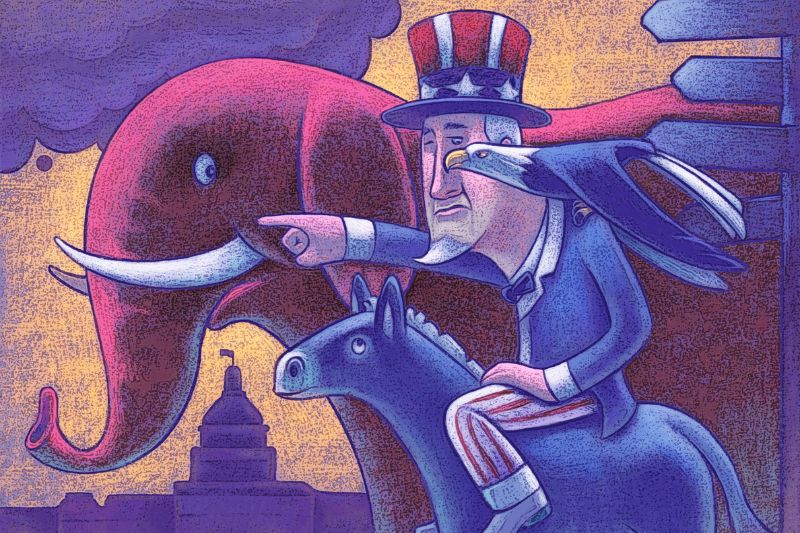
INTERNATIONAL
- Andrew Hamilton
- 21 November 2024
5 Comments
As Australia watches the U.S. navigate its Trump-era transition, we wait in uncertainty. Any interregnum period is a time for rethinking, for wondering about our own nation, and not just for focusing on another. It is a time to rethink what we have taken granted about what is for the good of Australian society.
READ MORE
-

AUSTRALIA
- Andrew Hamilton
- 08 November 2024
1 Comment
The story of Race Mathews’ career will be an antidote to despair about politics and politicians. It underlines the possibilities of politics, showing how it can be more than a job or a career. It can be a calling to imagine a more just society and ways of building it.
READ MORE 